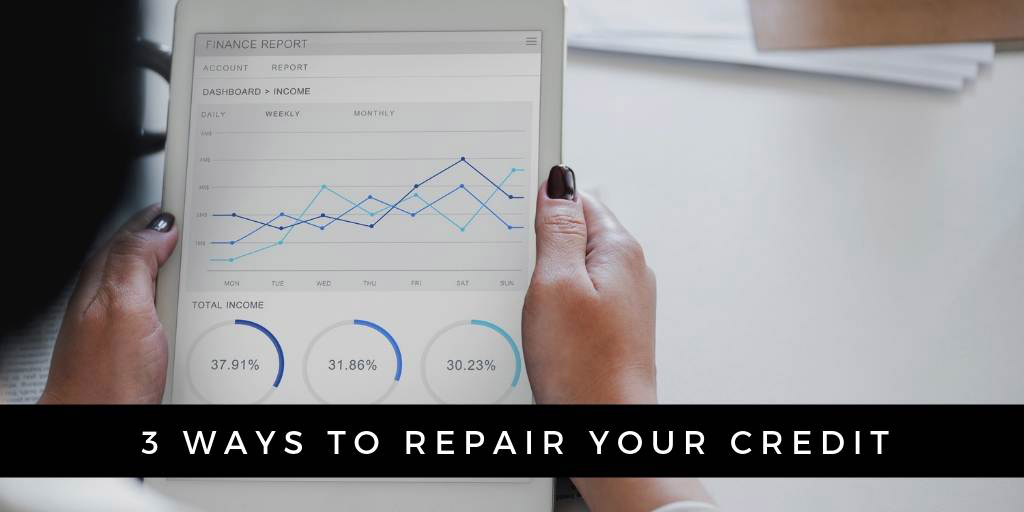
Luciano Giustini
Mortgage Agent
416-807-5630 | Email
Why buying your first home during inflationary times is good
Making Dreams A Reality!
Quick Links
Latest News
Blog
Blog Post Categories
Prepare for Mortgage Renewal in 2024 and 2025: Tips for GTA Homeowners (1)Announcements (4)
Financing (3)
First Time Home Buyers (10)
Home Ownership (5)
Miscellaneous (14)
Mortgages (4)
Real Estate (8)
Blog Post Archives
August 2025 (1)December 2024 (3)
November 2024 (1)
July 2024 (1)
June 2024 (1)
January 2022 (1)
April 2020 (1)
March 2020 (2)
February 2020 (2)
January 2020 (2)
December 2019 (1)
November 2019 (2)
October 2019 (2)
September 2019 (2)
August 2019 (2)
July 2019 (2)
June 2019 (2)
May 2019 (2)
April 2019 (2)
March 2019 (2)
February 2019 (2)
January 2019 (2)
December 2018 (2)
November 2018 (2)
October 2018 (2)
September 2018 (2)
August 2018 (1)
October 2011 (2)
Are you a first-time homebuyer concerned about rising inflation? It's understandable to have some reservations, but rest assured that there are still plenty of reasons why buying your first home is a great idea, even during inflationary times.
Firstly, Canada's housing market has historically been stable and resilient, even during economic downturns. This means that homeownership remains a reliable investment in the long run, and you can feel confident in your decision to buy a home.
Secondly, the Canadian government offers programs and incentives to help first-time homebuyers get into the market, such as the First-Time Home Buyer Incentive and the Home Buyers' Plan. These programs can help you get a foot in the door and make homeownership more accessible and affordable.
Additionally, as inflation drives up the cost of living, owning a home can provide a sense of stability and predictability in your monthly expenses. Unlike renting, where landlords may increase your rent at any time, owning your home means that your monthly mortgage payment will remain the same for the duration of your mortgage term.
Finally, by owning a home, you can build equity and wealth over time, which can help you achieve your long-term financial goals.
As a mortgage broker, I can help you navigate the Canadian housing market and find the best possible mortgage deal for your unique financial situation., now could be the perfect time to take the leap into homeownership.
So if you're a first-time homebuyer, don't let rising inflation discourage you from achieving your dream of homeownership. Contact me today to schedule a consultation and start your journey towards owning your first home.
For many Canadians looking to purchase a home, bad credit scores stand in the way of getting a mortgage. Most lenders prefer your score to be 650 or higher. If they do allow for lower credit scores, it is typically because the interest ratings on those loans are considerably higher.

If you want to get a good deal on a mortgage with low interest rates, the best thing you can do is to improve your credit score. Here are three ways you can do just that.
1. Check Your Report
The very first thing you need to do is check your credit report. You are allowed one free credit report per year, but some sites will allow you to purchase a full report at any time for a small fee.
Scan the report to see if there are any errors. You'd be surprised to find out most people do have errors on their credit report. It might be in the form of something you finished paying but was never removed, or something that isn't yours to begin with.
Once these errors are removed from your report, your credit rating might go up anywhere from a few points to a few dozen. It just depends on how many errors there were and how largely they were impacting your score.
2. Start Paying Off Debts
If you have any outstanding debts on your report that are bringing down your score, start paying them off. It can be hard, but even if you can only allow $5 or $10 a week it can bring your outstanding debts down considerably over the course of a few months.
For example, let's say your total debts amount to $5,000. Starting with your smallest debt (because these will be paid off quicker), you can begin making $10 payments each week. Over the course of six months, you would have paid off $240, lowering your debt to $4,760. After a year, you'd have paid $480.
Also, take into consideration that most lenders are willing to bargain with you. They may allow you to pay between 50 percent and 75 percent of what the original debt amount was.
The reason they are willing to do this is it's better for them, at the point of collections, to receive some money than to receive none. That same $5,000 could be lowered to $2,500 to $3,250. With your $10 a week payments on top of that, you could make a major dent in your debt in a single year!
3. Credit Cards
Credit cards are one way to raise your credit score, but this only works if you use them responsibly. Keep the total amount used under 30 percent, and make sure you pay it off in full by the end of each month.
Some people have found great success in using their credit cards only for their morning coffee or daily lunch. At the end of the week, they pay off the amount and end up with higher credit scores as a result.
The key is to continue spending within your budget. Think of your credit card as a debit card, but with a cash advance feature. If you don't know for certain that you'll have the funds for a purchase within one to two weeks, then don't make the purchase.
Conclusion
These three things can help you to slowly, but steadily (and possibly significantly) increase your credit rating. This can help you to not only obtain a mortgage with a low interest but increase the future chances you might be approved for other loans (like for vehicles) also. It is never a bad time to work on your credit score.

